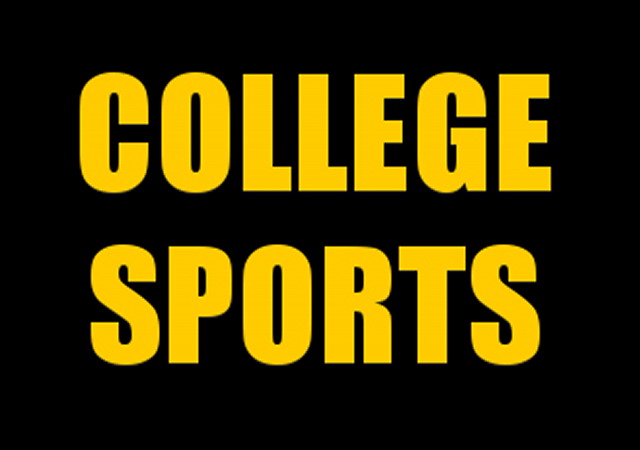Psychology Prof Says Makeover of Nebraska Cornhuskers’ Mascot Based on Hand Gesture is Overreaction
“How did something as benign and commonplace as the ‘OK’ hand gesture come to assume such sinister undertones?”

At some point in recent years, the left decided that the ‘OK’ hand gesture was a symbol of white supremacy. That’s what drove Nebraska to change their mascot.
From the College Fix:
Mascot makeover to avoid alleged ‘OK’ hate symbol may be ‘overreaction’: prof
A psychology professor suggested “symbolic overreaction” might be at play in the recent makeover of Nebraska Cornhuskers’ mascot Herbie Husker, who had his “OK symbol” replaced because some thought it signaled white supremacy.
Mascot Herbie’s left hand, which once formed the “OK” symbol, now raises an index finger to show that the team is number one, The College Fix reported January 30.
Roger Kreuz, a psychologist at the University of Memphis, wrote a column in The Conversation on April 26 headlined “A tweak to the University of Nebraska’s logo shows how the once benign ‘OK’ sign has entered a ‘purgatory of meaning.’”
“…How did something as benign and commonplace as the ‘OK’ hand gesture come to assume such sinister undertones? And what does the University of Nebraska’s willingness to change its mascot say about the ways in which ambiguous signs and symbols can take on a life of their own?”
Kreuz cited as a similar “overreaction” the June 2020 case of a utility employee in San Diego who supposedly signaled white supremacy with the “OK” hand sign as he dangled his arm from a company truck.
Someone took a picture and reported him to his company, which fired him, according to The Hill. The employee claimed to have been cracking his knuckles.
In April 2021, nearly 600 former Jeopardy contestants signed a statement denouncing hate after a contestant held up three fingers in celebration of having won previous games, Kreuz wrote.
Oversensitivity to perceived hate signaling “can be characterized as symptoms of moral panic, in which the media, politicians and activists fan the flames of uncertainty and worry,” Kreuz wrote.
The common symbol — bringing the index finger and the thumb together in an “O” — was once “benign and commonplace,” Kreuz wrote. It took on hate speech associations for some when Milo Yiannopoulos, Richard Spencer, and others started using the gesture in posed photos in 2015, and after anonymous messaging site 4-chan launched “Operation O-KKK.”
Donations tax deductible
to the full extent allowed by law.








Comments
“ How did something as benign and commonplace as the ‘OK’ hand gesture come to assume such sinister undertones?”
The same way “Negro” and “Colored” became racist or sinister: someone jumped in front of cameras and microphones and said so. Then, like Good Murray, and that’s, the American public bob their heads up and down, and said, “yes, sir!“.
Marionettes!
What’s the prize for solving today’s dictation puzzle?
This is better than daily Sudoku!
Gads. I made a hash of that one.
And, you get a good dinner at a decent restaurant should we ever meet.
we’re in the midst of a huge global dumbf^%kery campaign and, it seems, nobody has the intelligence to recognize it
The same goes for the rebel flag.